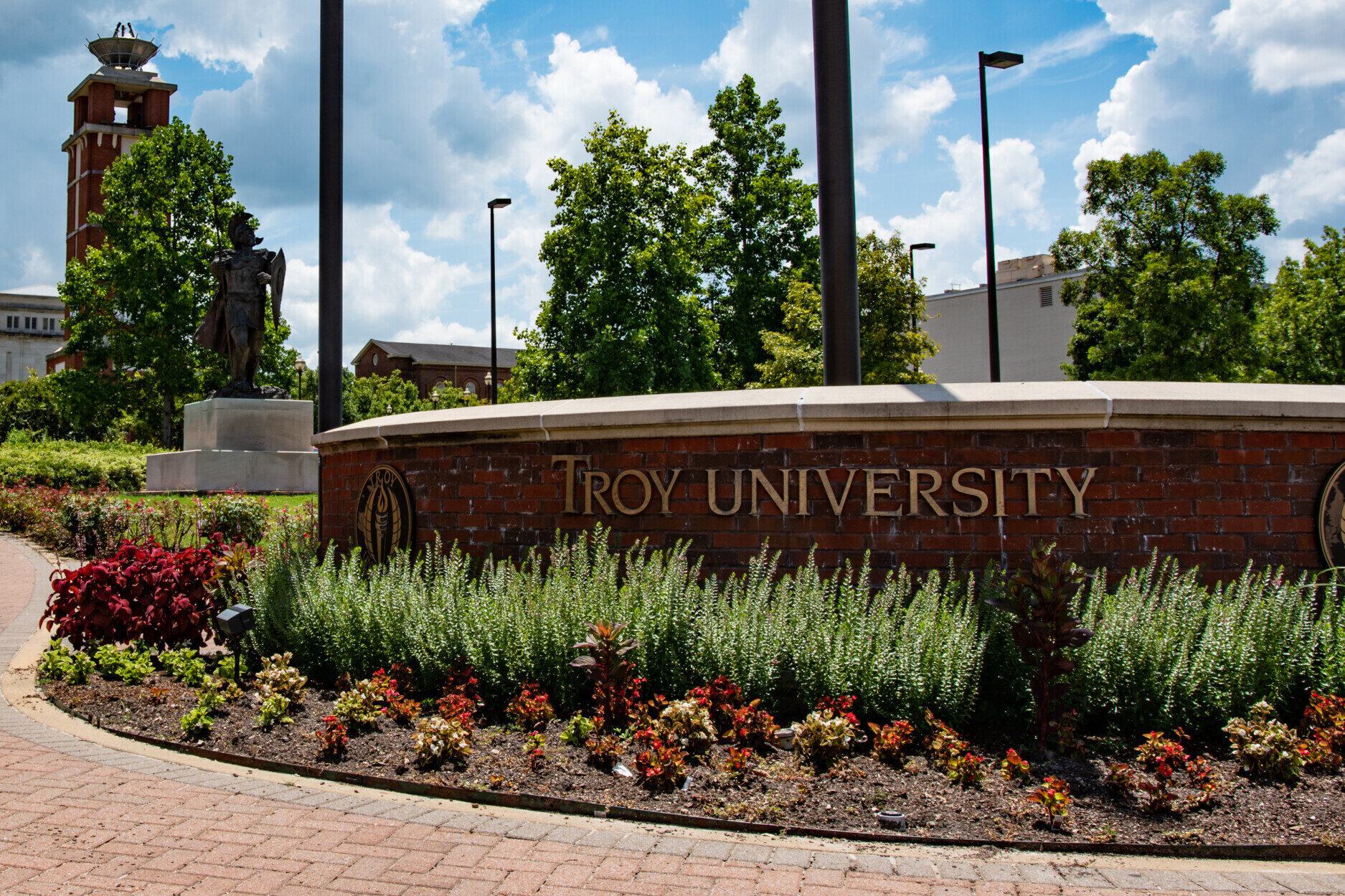A former professor at Troy University is accusing the college of targeting him for criticizing the Retirement System of Alabama (RSA).
Dan Smith worked at Troy University from 2011 to 2018 and was the Associate Director of the Johnson Center for Political Economy. While there, he researched what he said was "Alabama's need for pension reform." In 2016, he co-authored a study with the Mercatus Center that accused RSA and other public pension systems of using "optimistic assumptions and risky investments to conceal the fact that their promises to public employees were underfunded." Smith released a book in 2021 detailing what he believes to be a problem with public pension plans around the country.
In an article released on the American Institute for Economic Research's (AIER) blog, Smith said his findings were in line with the consensus among professional economists.
"Our current economic circumstances have certainly demonstrated the risk of public pensions betting on consistently achieving unrealistically high rates of return," Smith wrote, citing an article by the Wall Street Journal last year about poor public pension fund returns.
Smith accused RSA CEO David Bronner, the state's highest-paid public employee who makes over $800,000 a year, of leveraging his influence over public employees to harass him.
Bronner, who often uses his newsletter to argue in favor of his political opinions, labeled the Johnson Center a "poor steward of the truth" in response to an article written by Smith. In a newsletter the next year, Bronner accused Smith of using his research to benefit billionaires.
Smith said other "activists" encouraged public employees to contact Troy and state officials to get him fired. According to Smith, some of them were even fellow faculty members.
"I received angry and disconcerting phone calls and emails," Smith wrote. "Activists even doxxed my home address to the Facebook group, endangering my personal safety and that of my family. The fear of the mob led to gut-wrenching stress; the threat was realistic enough that I had a security system installed to help me sleep at night. It is what led me to leave my tenured position at Troy University, forfeiting tens of thousands of dollars in retirement benefits, for a position at Middle Tennessee State University."
But the harassment didn't stop there. Smith said Troy administrators issued a moratorium on op-eds and media engagements, canceled one of his colleague's appointments as department chair and placed an indefinite hold on promotion discussions for Smith.
He also said the university fired the secretary and the policy analyst at the Johnson Center, although it eventually rehired the policy analyst for a year.
"When this episode occurred, I explicitly started looking for alternative jobs because the suppression of academic freedom was egregious enough that it made my job difficult to perform," Smith told 1819 News on Monday. "You can't be a public intellectual if the administration does not support academic freedom."
In February, Smith participated in a Johnson Center event in Birmingham and accused Alabama lawmakers of having a history of making "drastic moves in the wrong direction." He also criticized economic incentive programs, such as those supported by the Business Council of Alabama (BCA) and Gov. Kay Ivey.
Smith, who participated in the panel "Fiscal Responsibility in the State," said this is not the case, and there is no evidence economic incentive programs work. In fact, they may even discourage homegrown entrepreneurs, and entrepreneurs out of state could be discouraged because Alabama continues to expand incentive programs, regardless of the evidence.
After 1819 News reported on the event, Troy University's Sorrell College of Business Dean Dr. Judson Edwards published op-eds on multiple sites where he indirectly referenced Smith's comments about the lack of evidence favoring economic incentives programs. Edwards insisted that Troy did not endorse or share that viewpoint and suggested that economic incentives are "imperative."
Smith said that, unlike other universities that sometimes suppress academic freedom in the name of progressivism, Troy's administration suppresses academic freedom for the sake of "good-ole-boy-type cronyism."
"I think [Troy just wasn't] used to scholars doing controversial research, and they had a very top-down administrative structure," Smith said. "[C]ombine that with the good-ole-boy type cronyism that I think is still pretty prevalent in Alabama … They're pro-business but not pro-economic freedom. I think they try to have their cake and eat it and represent themselves as Alabama's conservative institution with the Johnson Center, but they obviously don't like some of the results of its research that come to conclusions that they view as inconvenient for their political network."
1819 News reached out to Troy University Senior Director of Communications Matthew Clower for a response from the university to Smith's claims, but he did not respond.
To connect with the author of this story or to comment, email will.blakely@1819news.com or find him on Twitter and Facebook.
Don't miss out! Subscribe to our newsletter and get our top stories every weekday morning.










